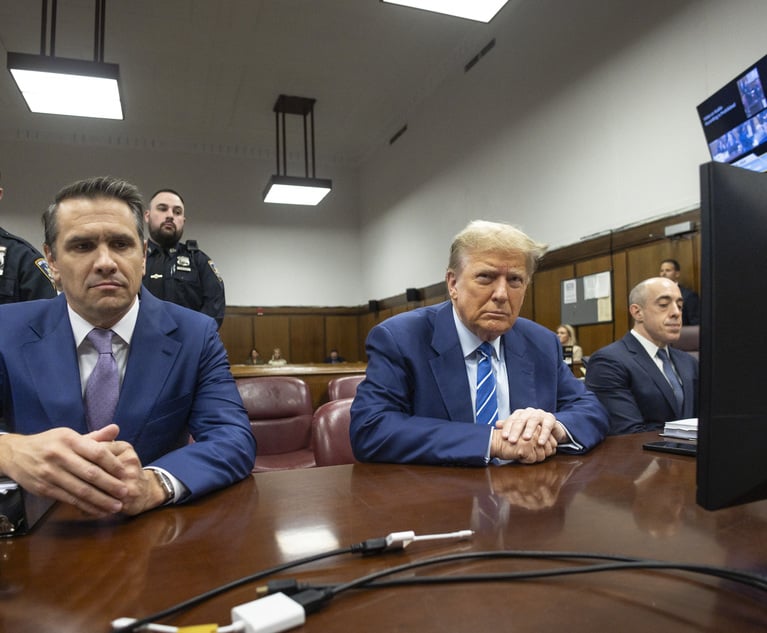Employees of public companies routinely have confidential information about the businesses of their employers. As part of their jobs, people learn of major corporate events, such as mergers, but also less momentous but still important developments within a company, such as whether new products are flying off the shelves or sitting in warehouses. All or some of this information might be regarded as “material” under federal securities laws. Opportunities to engage in insider trading are thus not uncommon, especially since public companies routinely compensate employees (at least in part) with shares of stock or options to buy stock.
Companies have developed practices to reduce the risk of insider trading. Company codes of conduct and employee manuals routinely prohibit such trading. Beyond written policies, sensitive information is limited to small groups of core personnel, and information technology (IT) systems typically reduce the opportunities to gather secret information. For the most sensitive information, companies impose special trading “blackout” periods and inform affected staff that they may not trade in the company’s securities during a specified period.


 Elkan Abramowitz and Jonathan Sack
Elkan Abramowitz and Jonathan Sack




